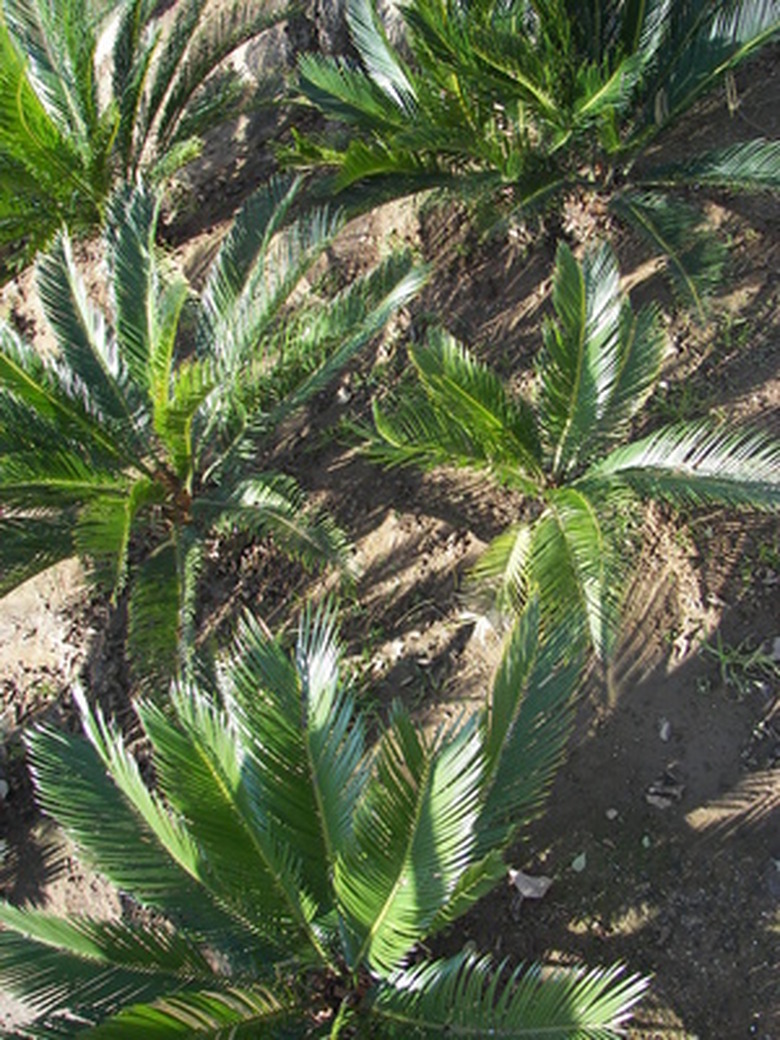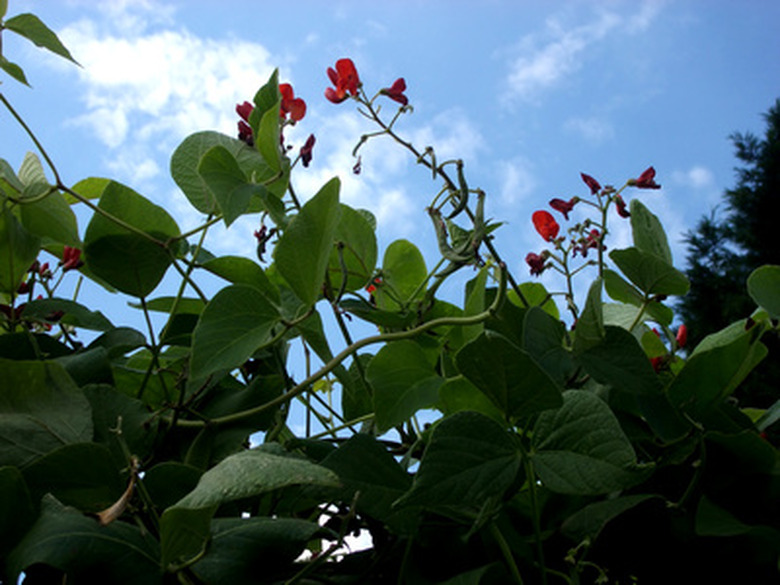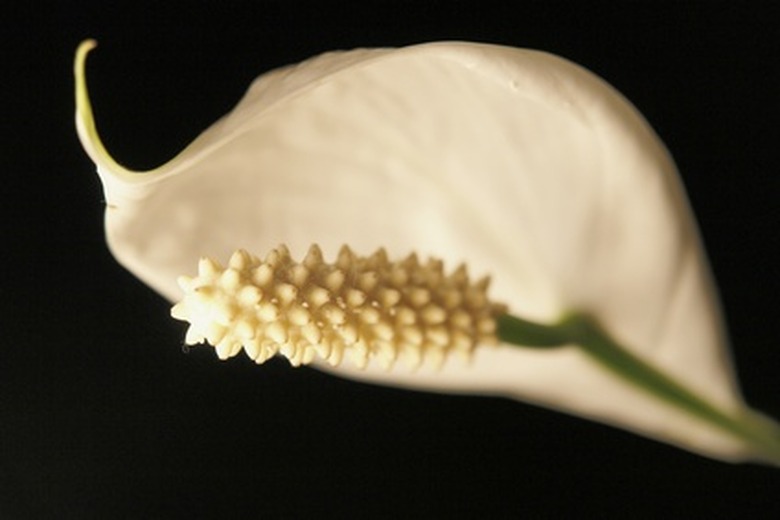Plants That Make Dogs Sick
There are several foods and plants that make dogs sick. In addition to the well-known nightshade plants (tomatoes, peppers) and foods such as chocolate, onion, raisins and grapes, several plants should be kept out of reach of your dogs. If your dog ingests a poison, contact your vet immediately. Before taking the dog to the vet, you may be advised to give the dog hydrogen peroxide to make it vomit. Another treatment for certain poisons is activated charcoal.
Sago Palms
The entire sago palm (Cycas revoluta) is poisonous to dogs, but the seeds are the most poisonous part of the plant. Depending on the size of the dog, even one seed could cause depression, diarrhea, vomiting and liver failure.
- There are several foods and plants that make dogs sick.
- In addition to the well-known nightshade plants (tomatoes, peppers) and foods such as chocolate, onion, raisins and grapes, several plants should be kept out of reach of your dogs.
Tulips
If tulip bulbs are ingested, your dog might suffer gastrointestinal irritation. You might notice a loss of appetite, convulsions, cardiac problems, drooling and central nervous system depression.
Rhododendron
Most plants in the rhododendron family, including azaleas, are poisonous to dogs because of the grayantoxins contained in the plants. If your dog ingests grayantoxins, it might produce drooling, diarrhea, vomiting and central nervous system weakness or depression. If the dog ingests enough of the poison, it could go into a coma or die from cardiovascular collapse.
Castor Bean
The castor bean produces "Ricinus communis is ricin", a protein that is highly toxic. Signs that your dog might have ingested this plant include excessive thirst, drooling, abdominal pain, diarrhea, vomiting, loss of appetite and weakness. In severe cases, the dog might exhibit dehydration, seizures, coma or death.
- If tulip bulbs are ingested, your dog might suffer gastrointestinal irritation.
- If your dog ingests grayantoxins, it might produce drooling, diarrhea, vomiting and central nervous system weakness or depression.
Peace Lily
The peace lily (Spathiphyllum) produces calcium oxalate crystals. The crystals might cause drooling, vomiting, oral irritation and intense burning of the mouth, including the lips and tongue.





